(VLO) “Smart agriculture adapting to climate change for sustainable development” is a strong message and urgent requirement for the Mekong Delta region. However, the Mekong Delta is currently facing many challenges that threaten the sustainability of agriculture. It is necessary to apply smart agriculture solutions and climate adaptation to protect the agricultural foundation of the delta.
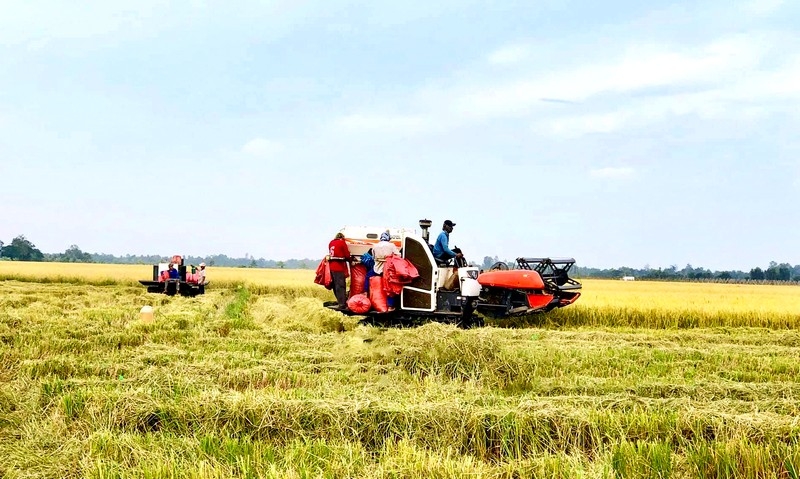 |
| In recent years, the provincial agricultural sector has actively introduced new rice varieties that are both productive, high-quality, and adaptable to climate change into production. |
Climate change adaptation production brings many benefits
The Mekong Delta produces 50% of the country's rice output and contributes 90% of rice exports, which is the foundation for ensuring food security for both the Vietnamese and international markets. However, the Mekong Delta is currently facing many challenges that threaten the sustainability of agriculture.
Climate change is having profound impacts, with rising sea levels, saltwater intrusion and unpredictable weather patterns posing serious risks to both crop and livestock production.
Farmers are increasingly faced with land degradation and water scarcity, which limit crop yields and reduce the resilience of agricultural systems. In addition, increased flooding and drought disrupt planting and harvesting seasons, undermining the region’s ability to maintain its role as a major food provider.
Experts say that to overcome these challenges, the future of the agricultural sector depends on the adaptability and innovation of each individual in the agricultural production chain.
Traditional farming methods alone will not be enough to overcome the pressure of climate change, which threatens both crop production and livestock health. Accordingly, the transition to high-tech agricultural production and smart agriculture to respond to climate change is an inevitable trend.
In Vinh Long, in recent times, the provincial agricultural sector has also focused on restructuring the crop sector towards increasing value and adapting to the market. Many localities have flexibly and effectively used rice land, bringing about economic efficiency and making practical contributions to the goal of food security.
Organizing production in the direction of linking and applying food safety standards and GAP is of interest and the applied area is increasing, contributing to improving productivity and product quality.
The rice variety structure has gradually shifted from medium/low quality rice varieties (IR50404, ML202) to aromatic and high quality rice varieties such as OM18, Dai Thom, OM4900, OM5451, OM6976... Currently, the rate of sowing certified rice varieties or higher fluctuates between 75-85%, applying 100% mechanization in land preparation and harvesting, and nearly 90% in care.
In addition, with the aim of supporting rice producers in applying technical advances in production to cope with the negative impacts of climate change in order to improve economic efficiency and contribute to reducing greenhouse gas emissions, recently, the agricultural sector has also implemented the Project "Building a model of rice production to cope with climate change in Vinh Long province for the period 2021-2025".
At the same time, coordinating with relevant units to research and find many rice varieties that adapt well to climate change has contributed to ensuring and gradually improving the efficiency of rice production of farmers in the face of increasingly severe climate change as it is today, thereby creating a sustainable farming ecosystem.
Participating in the climate change response rice production model, Mr. Tran Van Ut (Hieu Phung commune, Vung Liem district) said: “Farmers are trained and guided on many technical solutions to use input materials economically and proactively to help rice plants grow healthy, with less pests and diseases and falling due to adverse weather. Productivity and profits are also higher than those of households producing outside the model.”
Need to deploy solutions synchronously
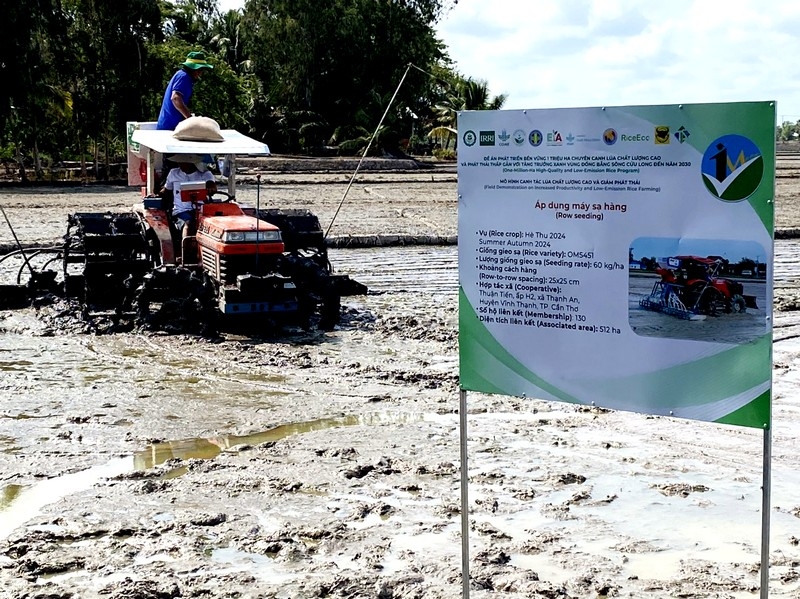 |
| The transition to high-tech agricultural production and smart agriculture to respond to climate change is an inevitable trend. |
Recently, at the International Conference on Agricultural Sciences 2024 (ICAS2024) with the theme "Smart agriculture adapting to climate change for sustainable development" in Can Tho City, attracting the participation of domestic and foreign researchers and policy makers, to discuss the future of the agricultural sector in the context of increasing climate challenges; exchange knowledge, present advanced research and introduce innovative solutions.
Assoc. Prof. Dr. Le Van Vang - Principal of the School of Agriculture (Can Tho University) emphasized: "Smart agriculture adapting to climate change for sustainable development" is a strong message and urgent requirement for the Mekong Delta region, which is considered the agricultural center of Vietnam. To protect the agricultural foundation of the Mekong Delta and beyond, the agricultural sector needs to apply smart and climate-adaptive agricultural solutions.
These approaches focus not only on increasing productivity but also on ensuring long-term sustainability by reducing greenhouse gas emissions, improving resource efficiency, and enhancing the resilience of farming systems to withstand extreme weather and environmental changes.
Experts say that the rapid transformation of agriculture through digital technology is central to improving productivity, increasing added value and creating sustainable systems that can withstand the impacts of climate change.
In the face of growing global demand, it is essential that modern agriculture adopts climate-smart strategies and integrates advanced technologies to promote both resilience and sustainability; gradually changing agricultural practices that rely entirely on nature, as well as traditional experiences.
Mr. Nguyen Van Liem - Deputy Director of the Department of Agriculture and Rural Development of Vinh Long province said: In recent years, the province's agriculture has actively introduced new rice varieties that are both high in yield and quality and adaptable to climate change into production.
Along with that, promoting the synchronous application of technical measures and synchronous mechanization has resulted in the formation of many concentrated, high-quality commercial rice production areas.
In the coming time, the agricultural sector will continue to strengthen solutions to reduce production costs; flexibly convert crops, livestock and production methods to adapt to climate change and market demand; use crop varieties with high productivity, quality and economic value, adapting to climate change.
At the same time, replicate the organic agriculture model, build a pilot model of circular agriculture; promote the effectiveness of effective high-tech applications in agricultural production such as: using drones, advanced irrigation technology, integrated crop management measures, applying organic fertilizers and pesticides, building and managing growing area codes, exploiting geographical indications to serve export needs...
| The ICAS2024 conference is held every two years. At the conference, many of the latest domestic and foreign scientific research results were presented by scientists, which were assessed to be immediately applicable, bringing practical and great benefits to Vietnamese farmers in general and the Mekong Delta in particular. Specifically: Organic matter in soil - a key solution to adapt to climate change; application of the CRISPR/Cas system to improve biological and abiotic efficiency to withstand stress in crops; alternative protein sources for the animal feed industry... |
Article and photos: TRA MY
Source: https://baovinhlong.vn/tin-noi-bat/202410/phat-trien-nong-nghiepthong-minh-thich-ung-voibien-doi-khi-hau-11d034f/


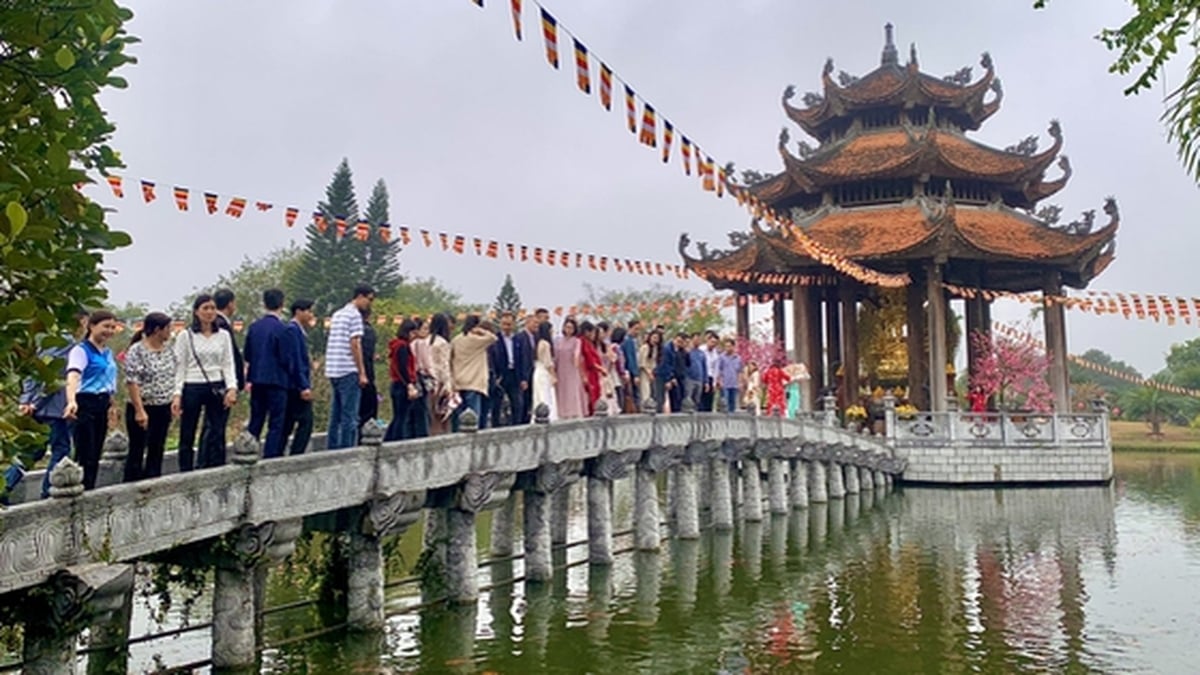
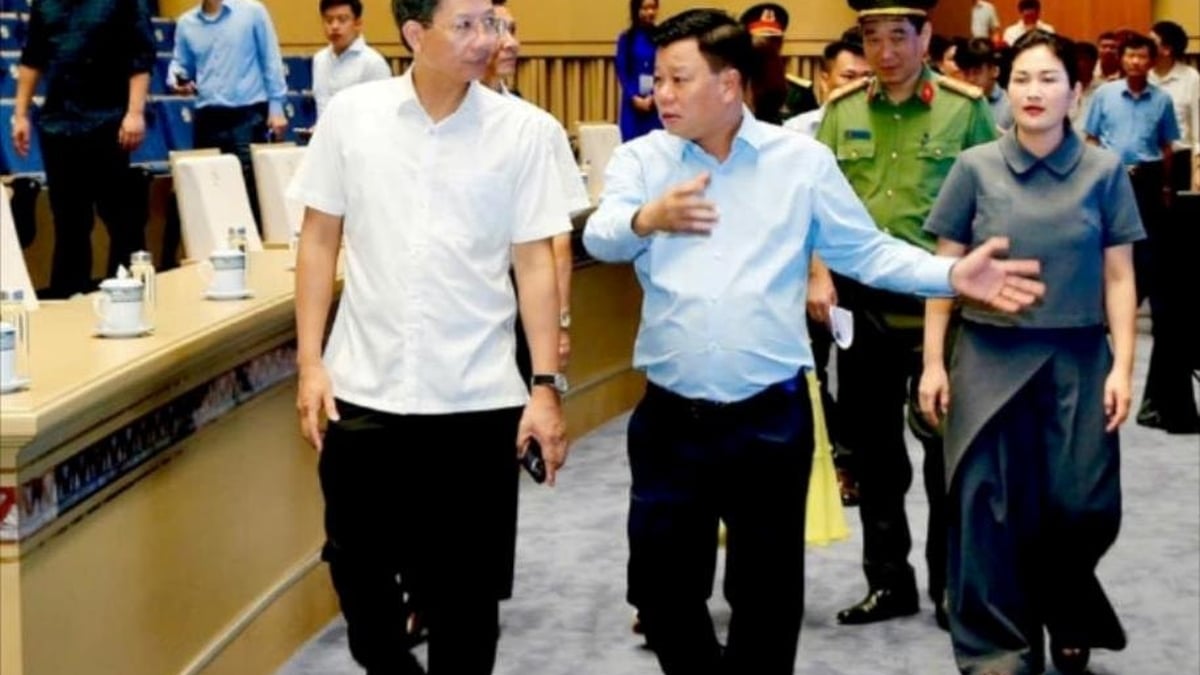
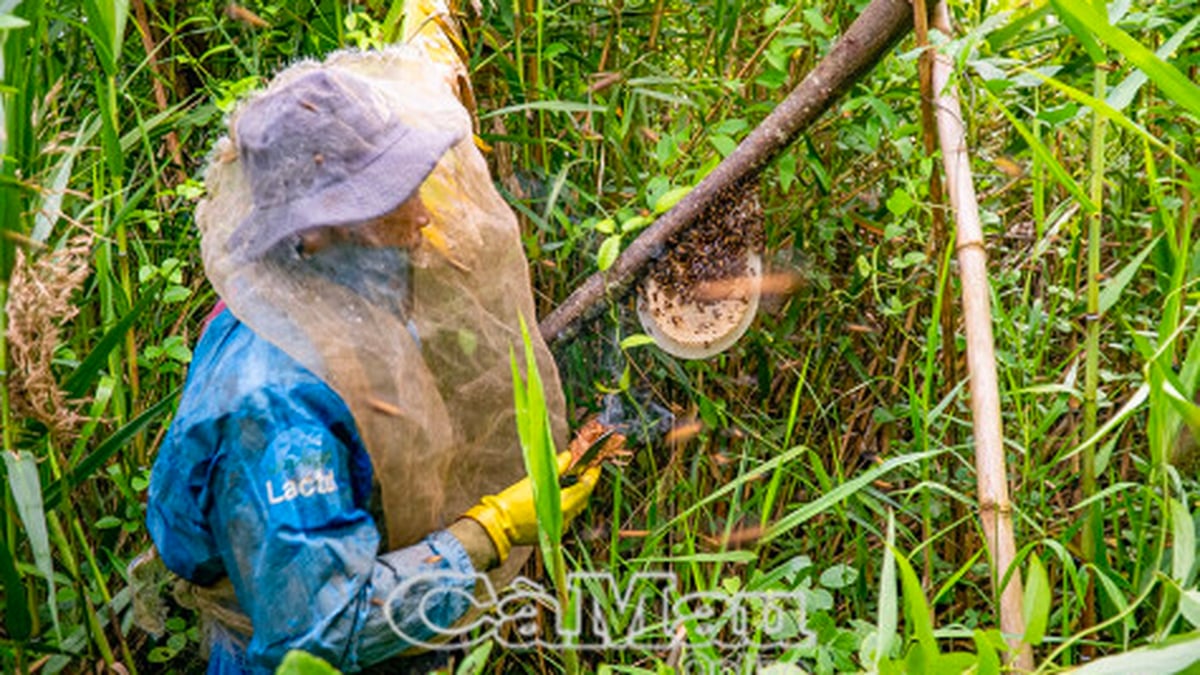

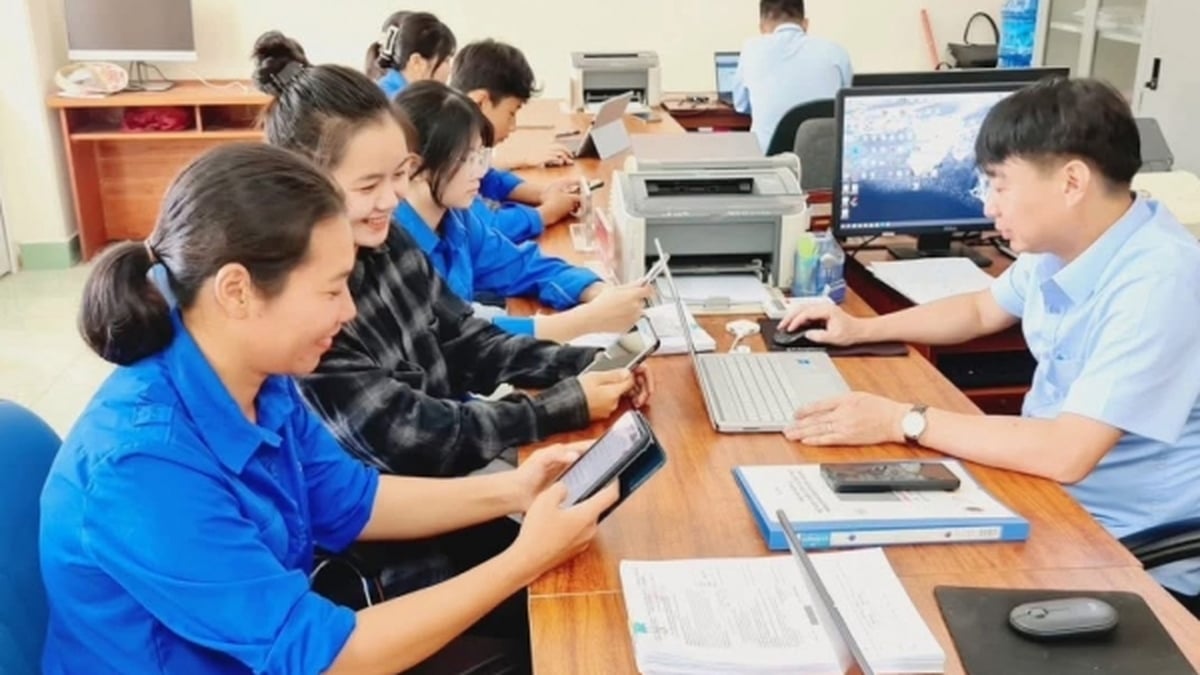
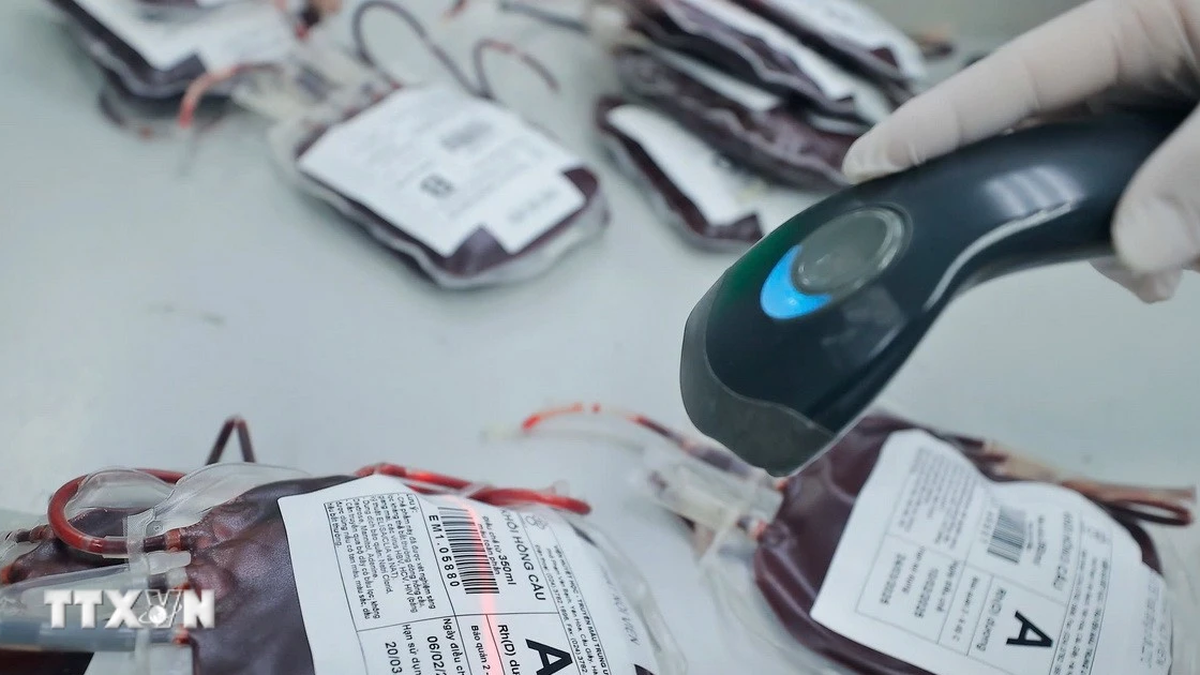
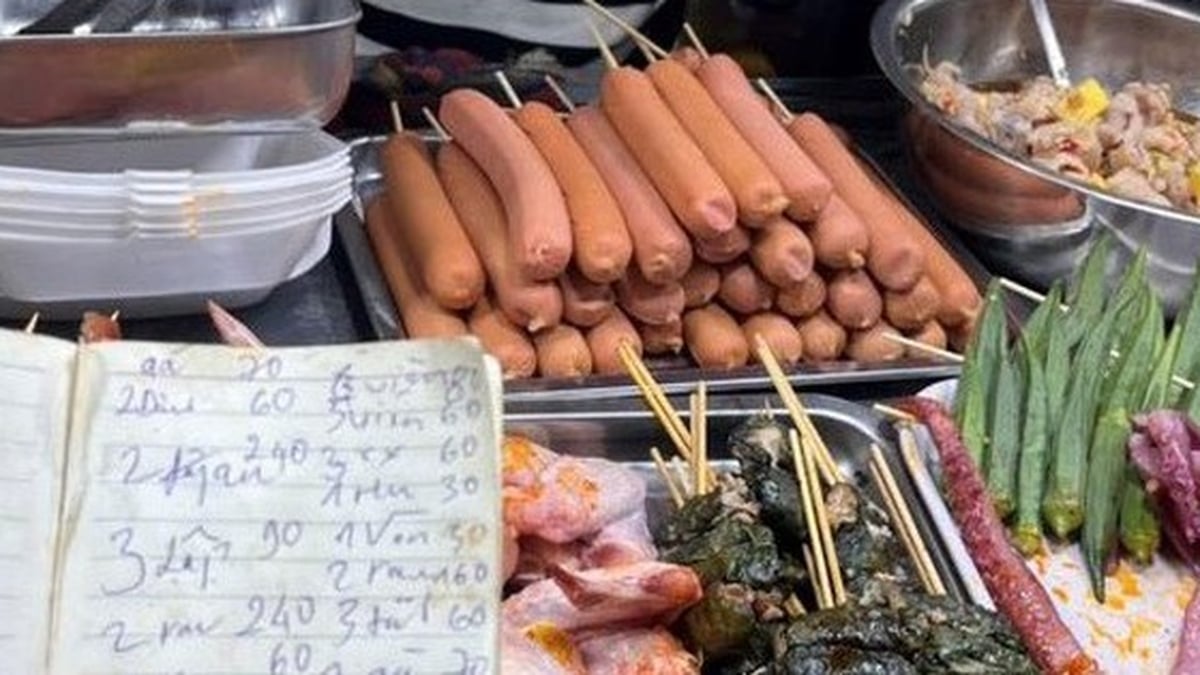
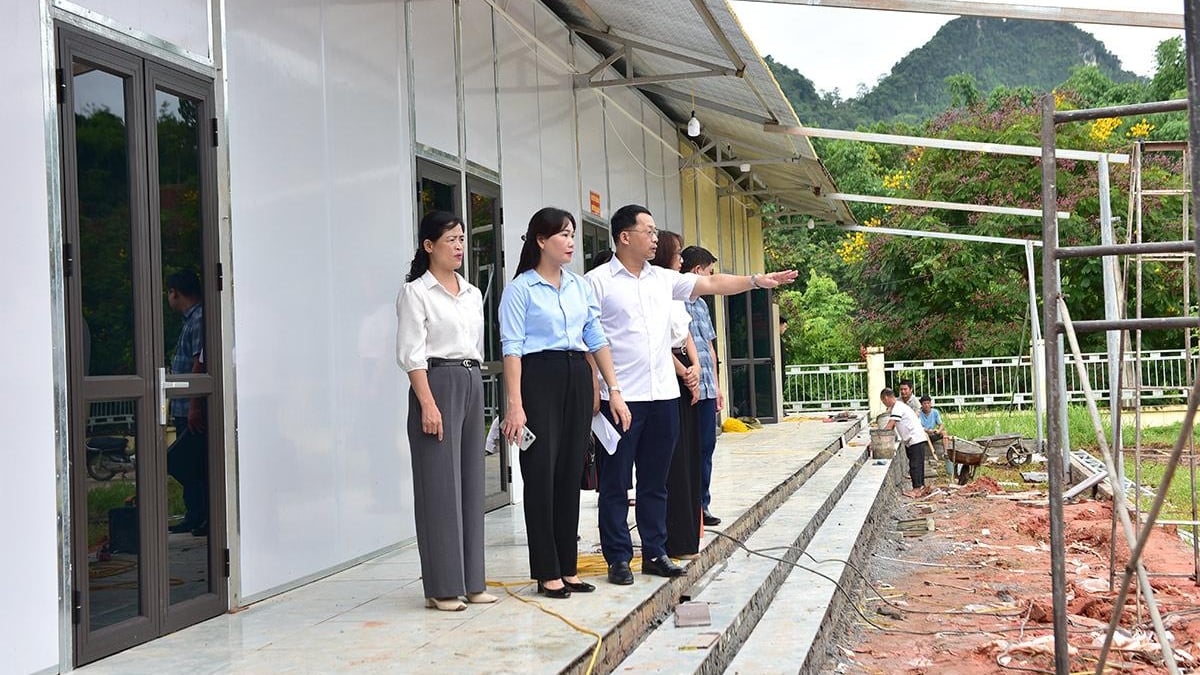

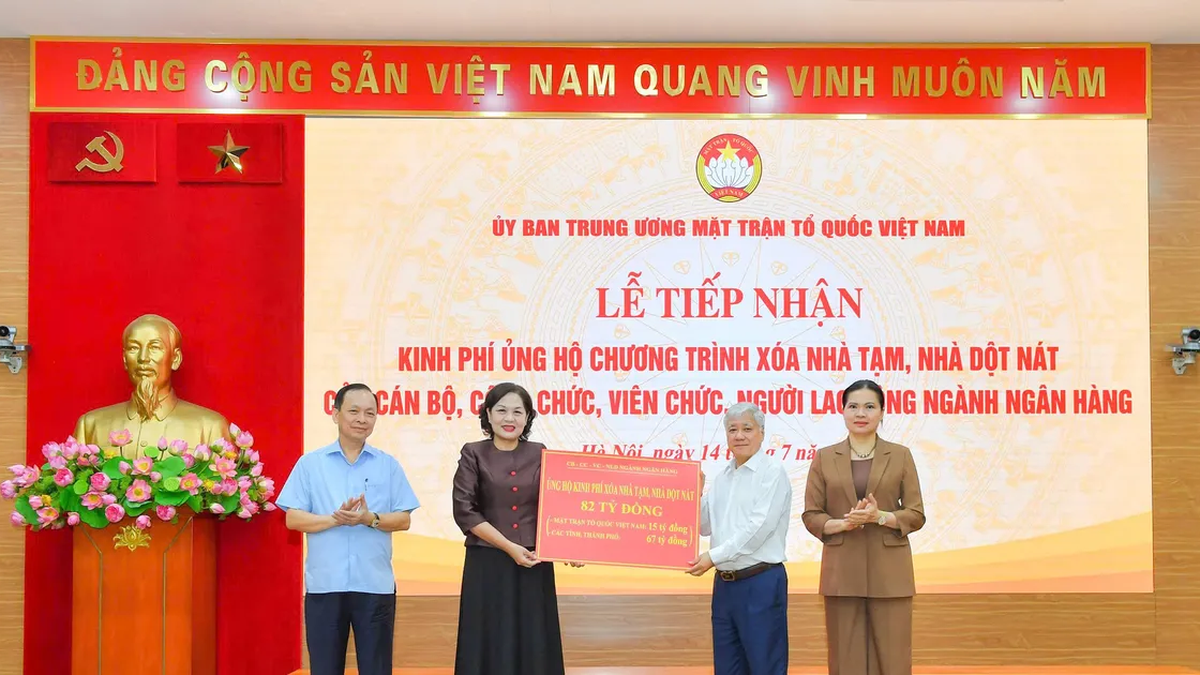








































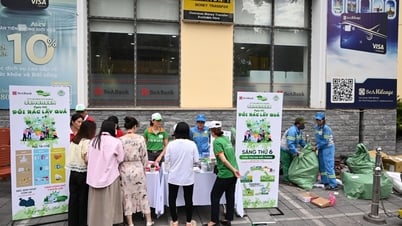

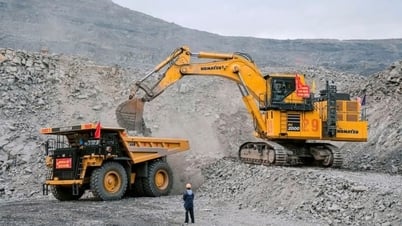
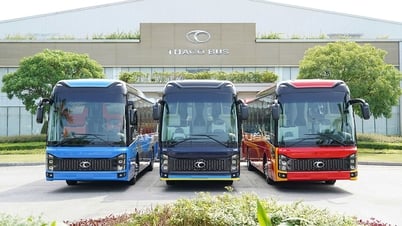

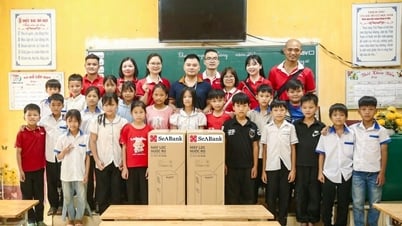
![[Maritime News] Treasury Department Targets Diverse Networks Facilitating Iran's Oil Trade](https://vphoto.vietnam.vn/thumb/402x226/vietnam/resource/IMAGE/2025/7/14/43150a0498234eeb8b127905d27f00b6)




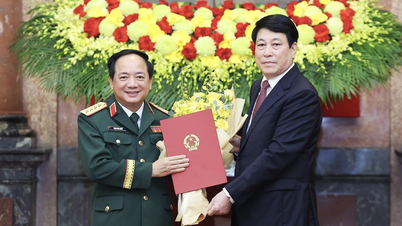



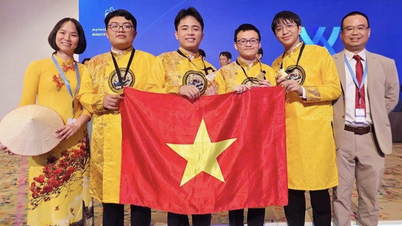


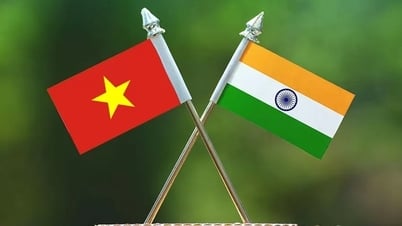

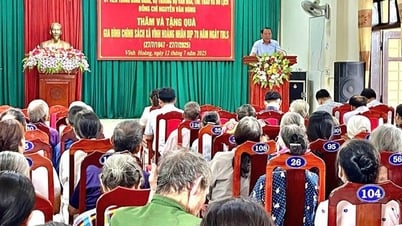
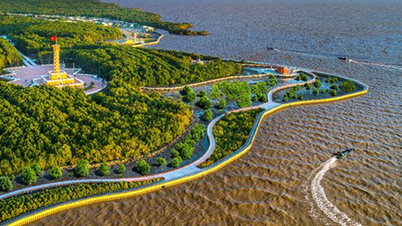
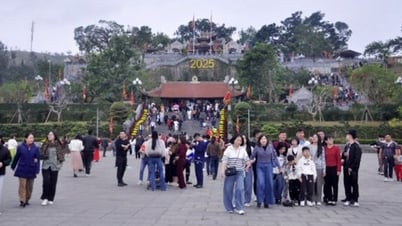
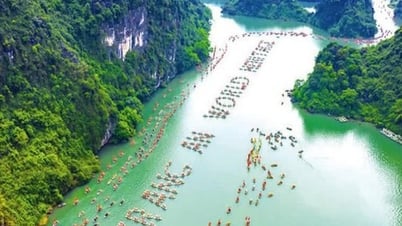
























Comment (0)